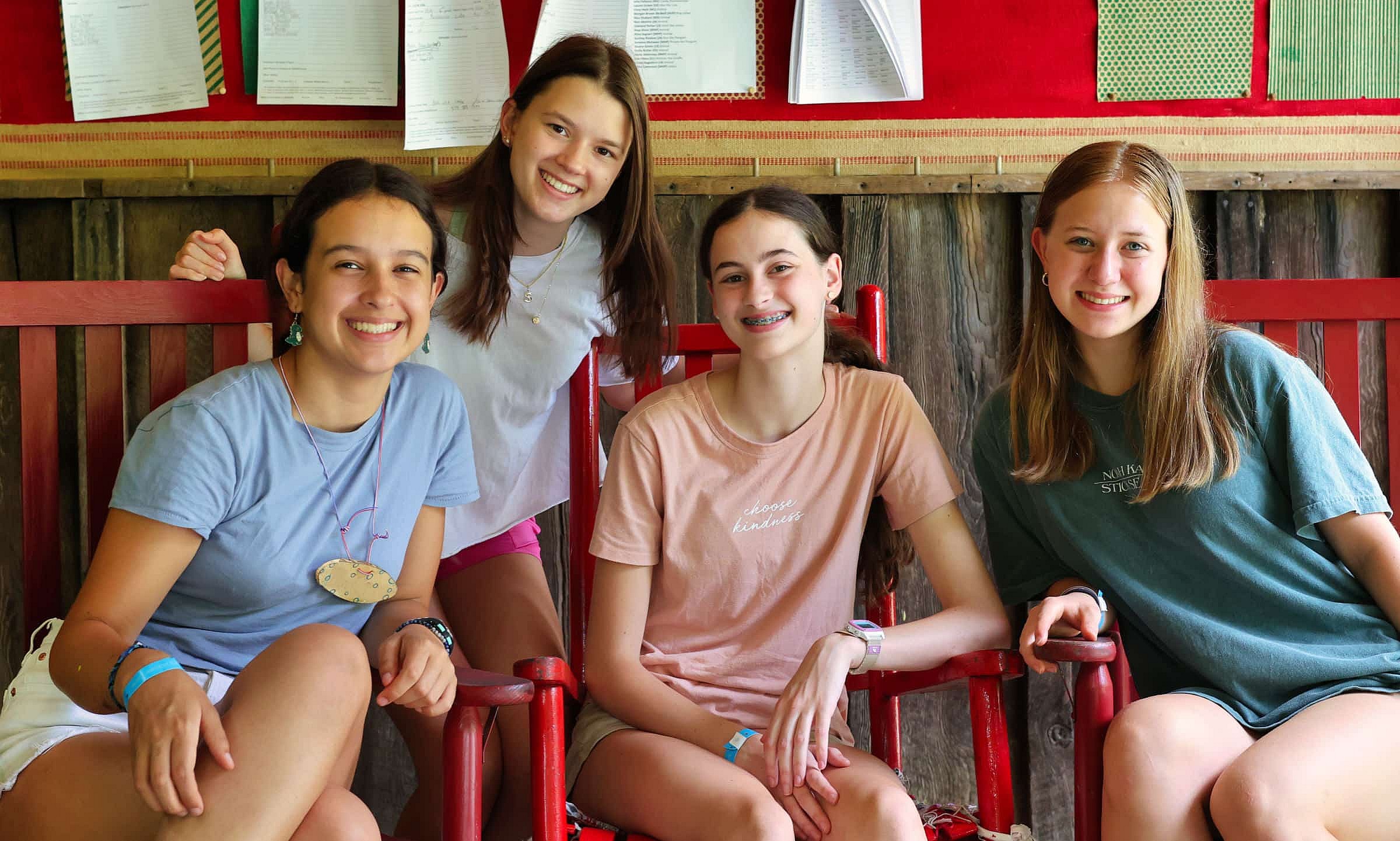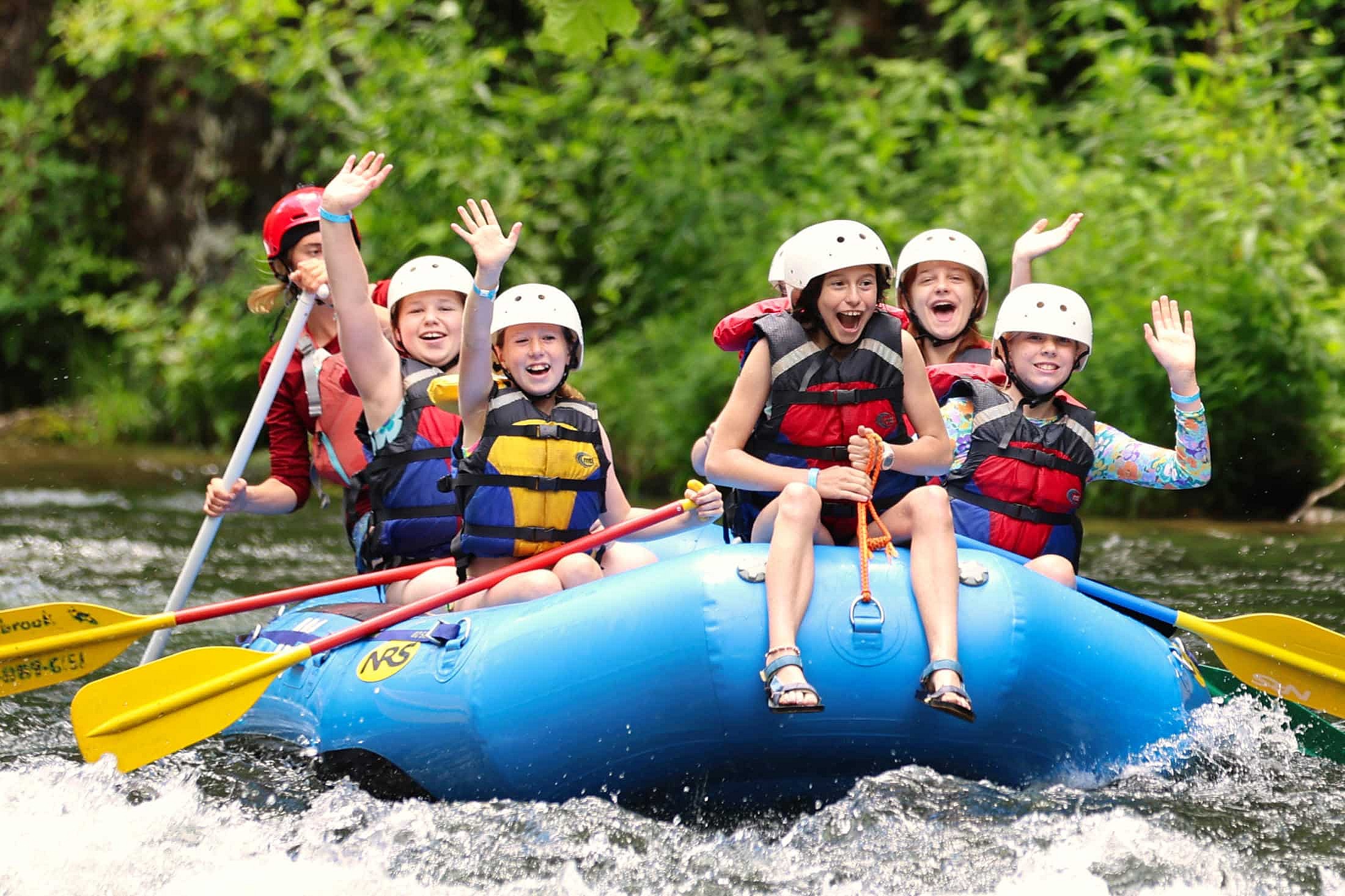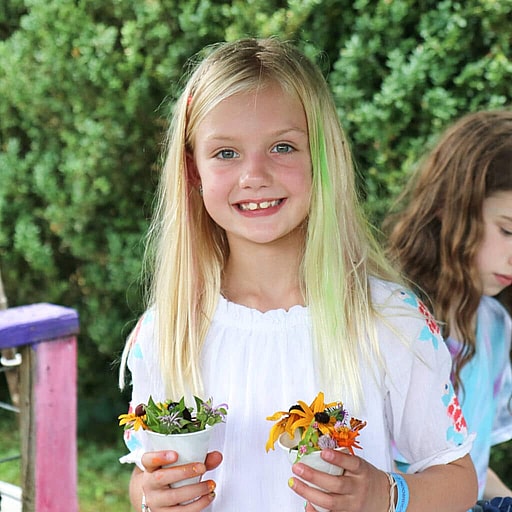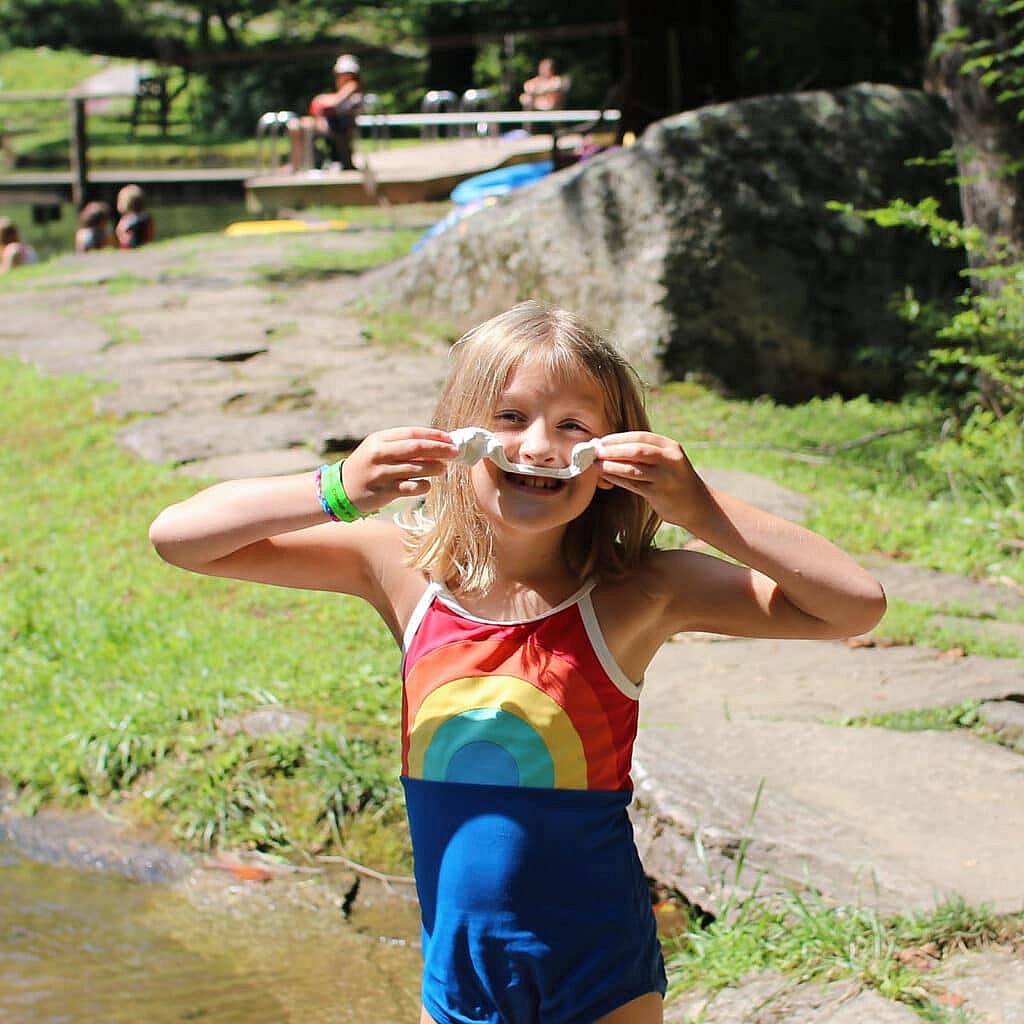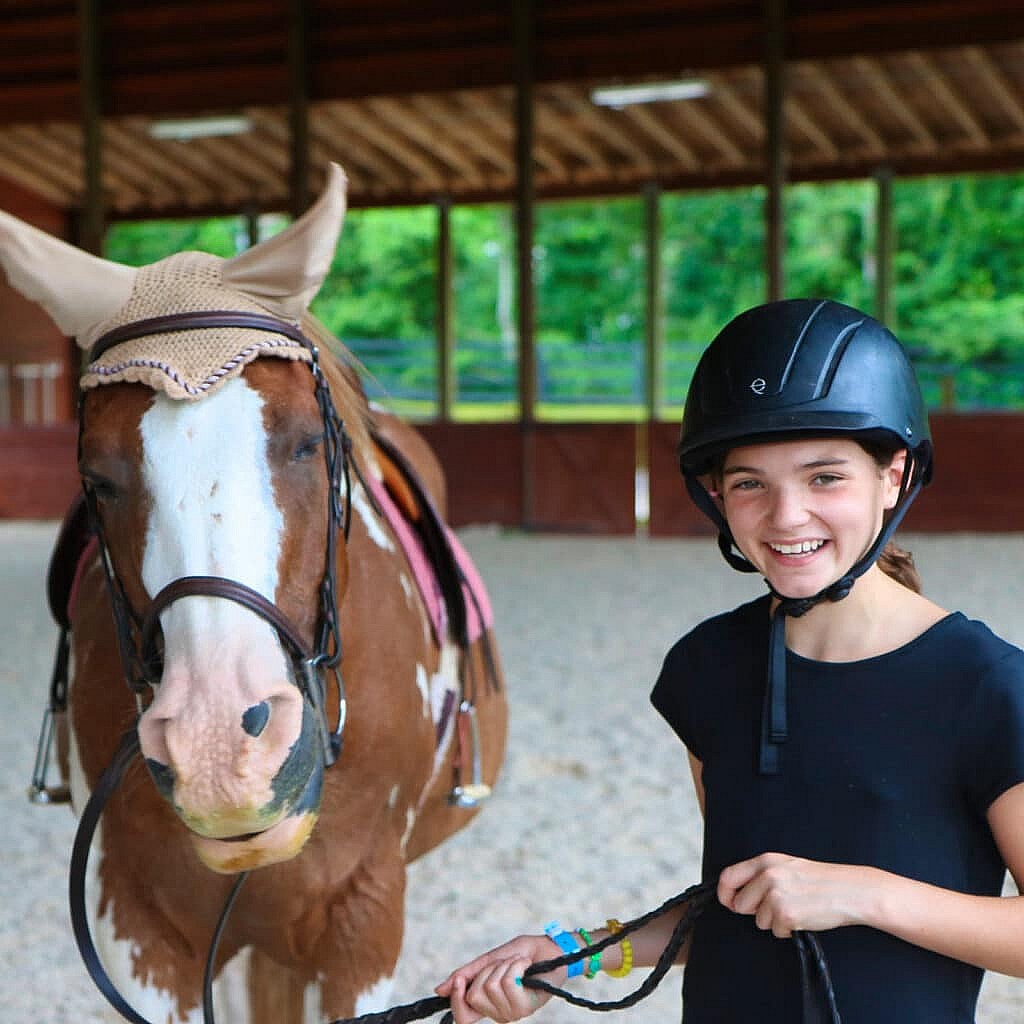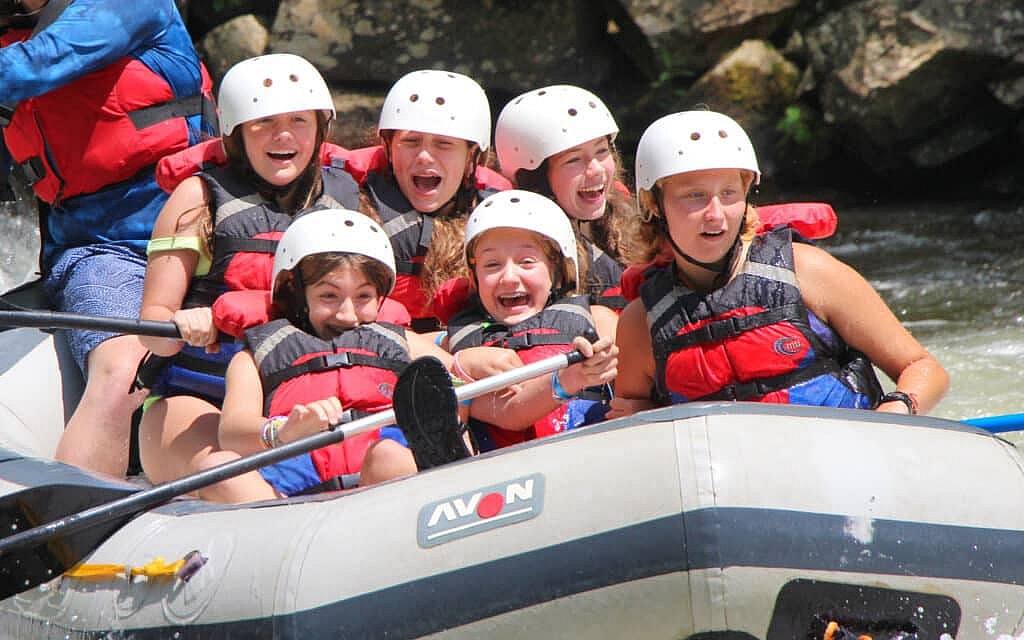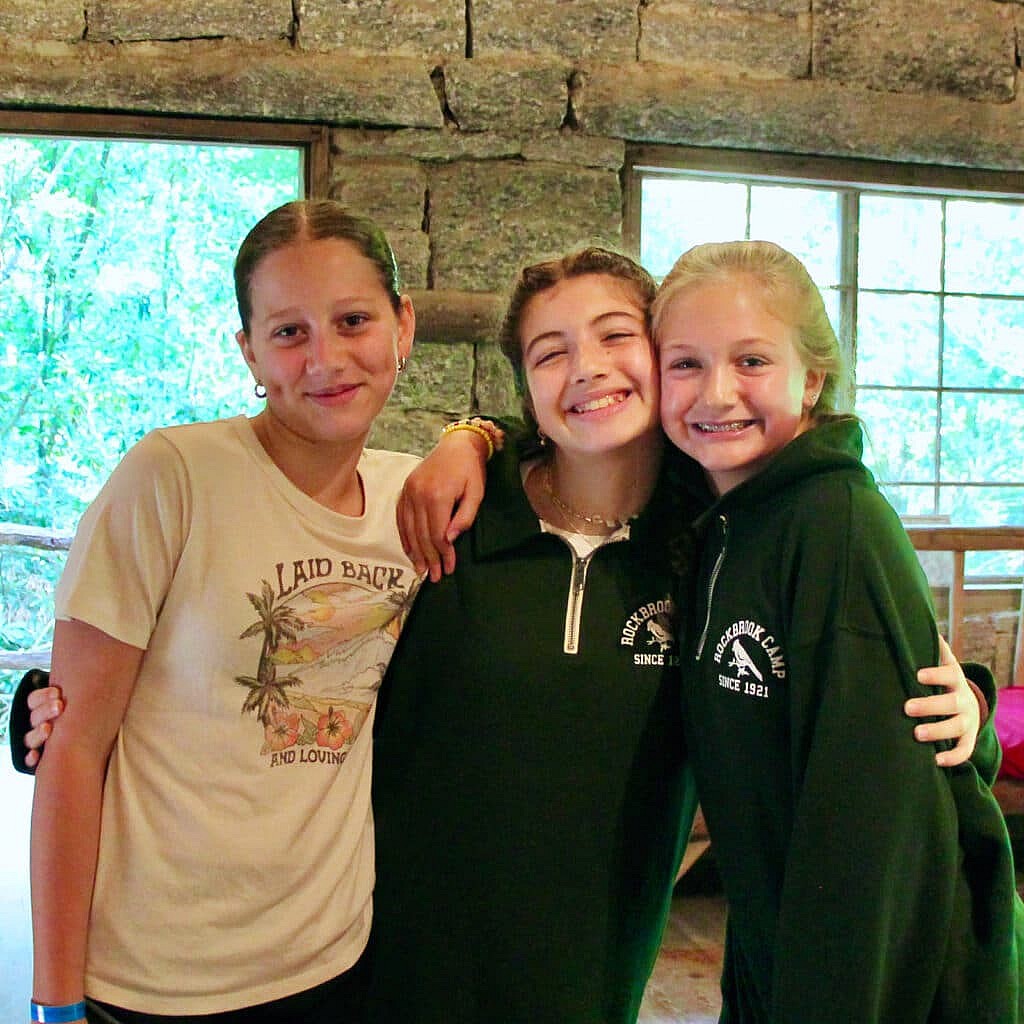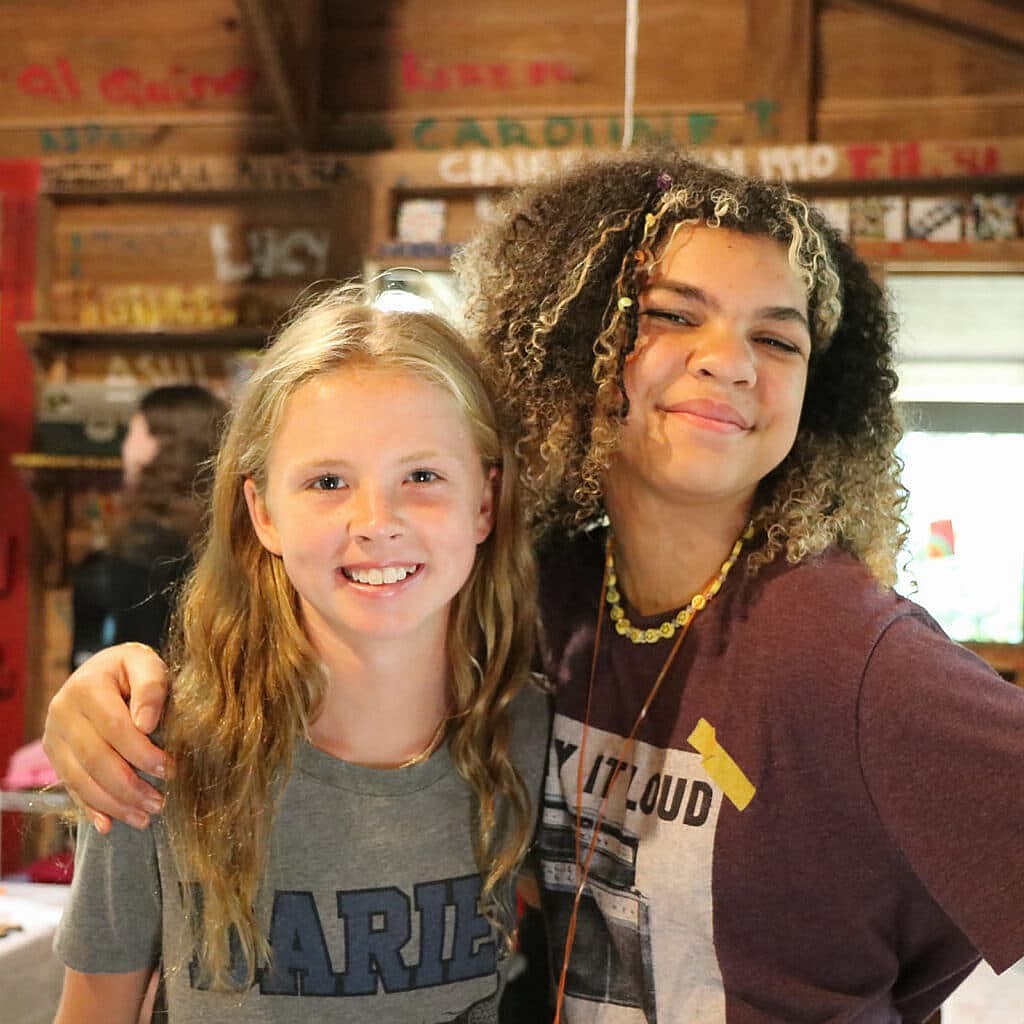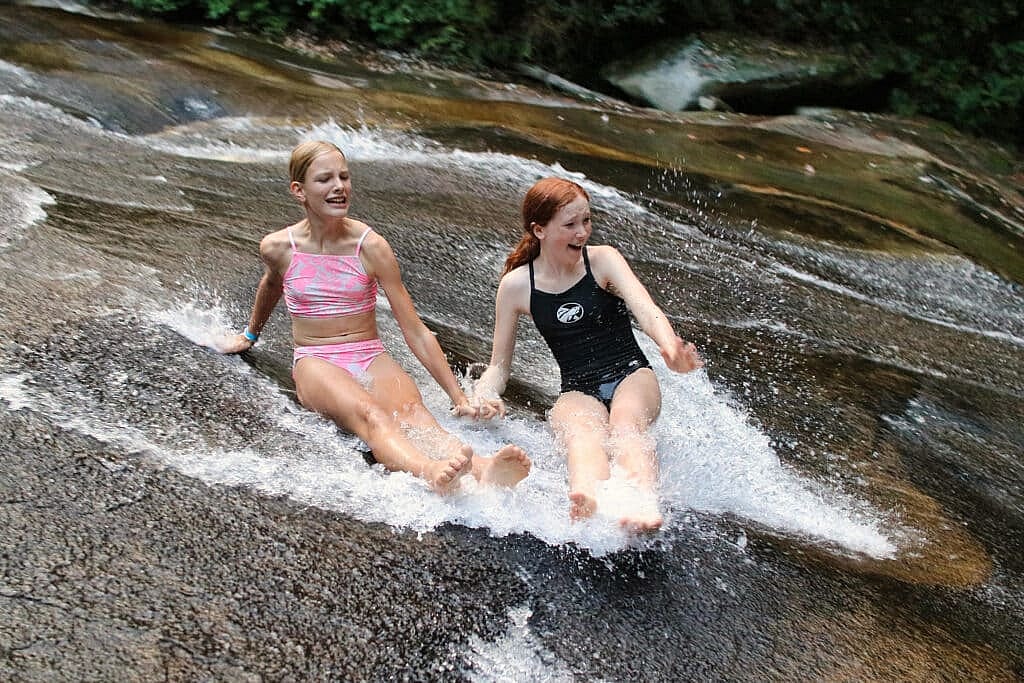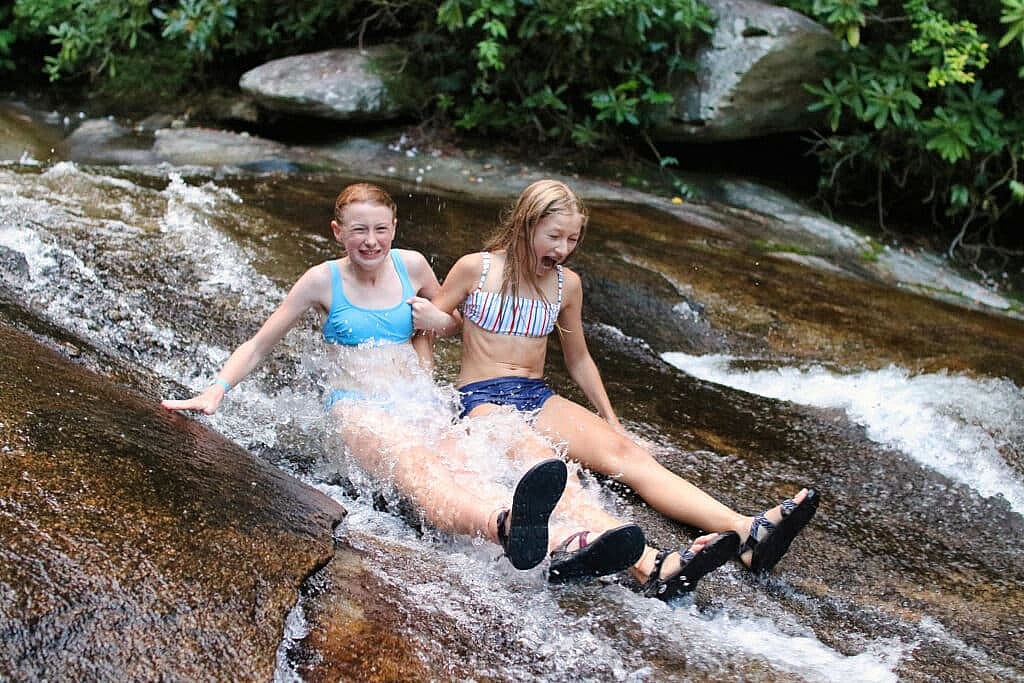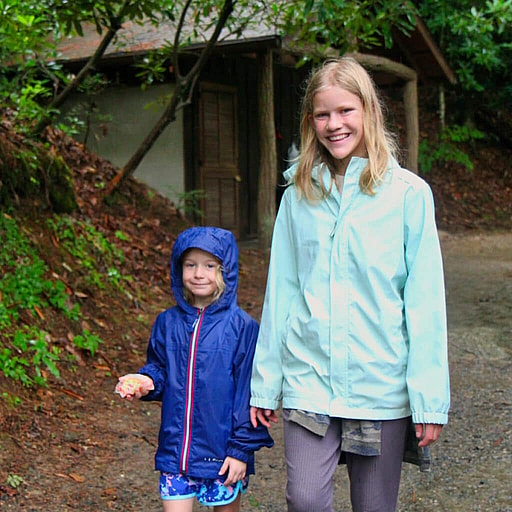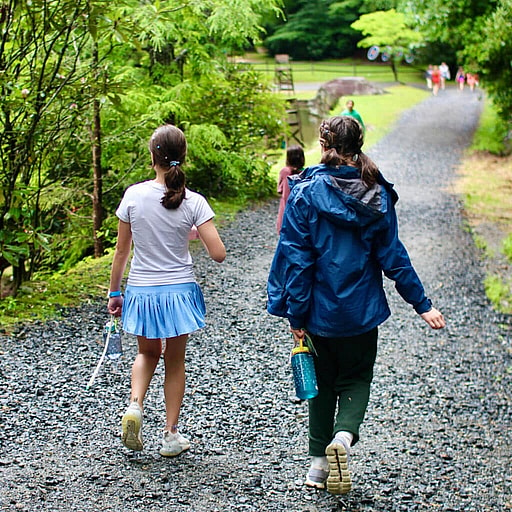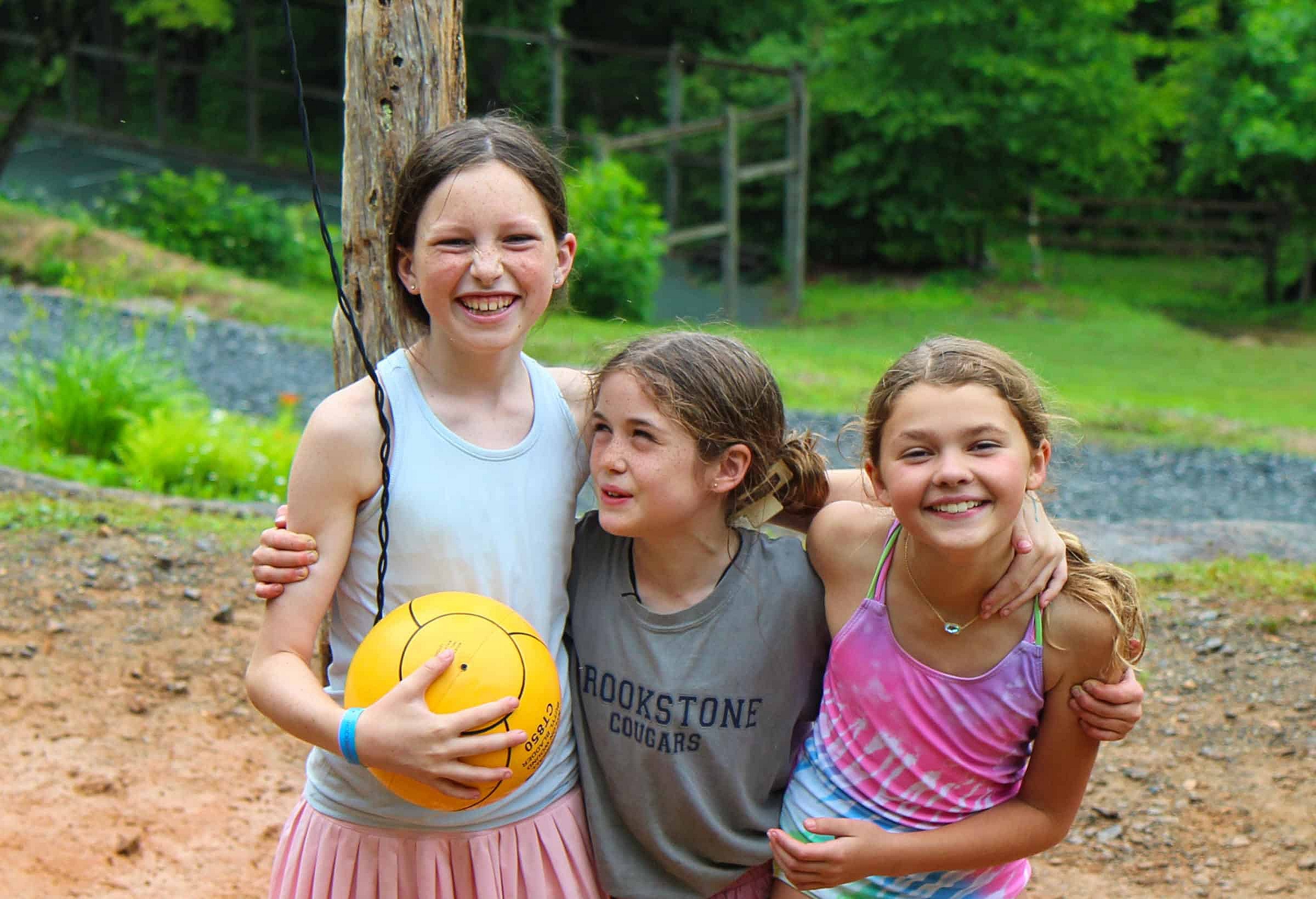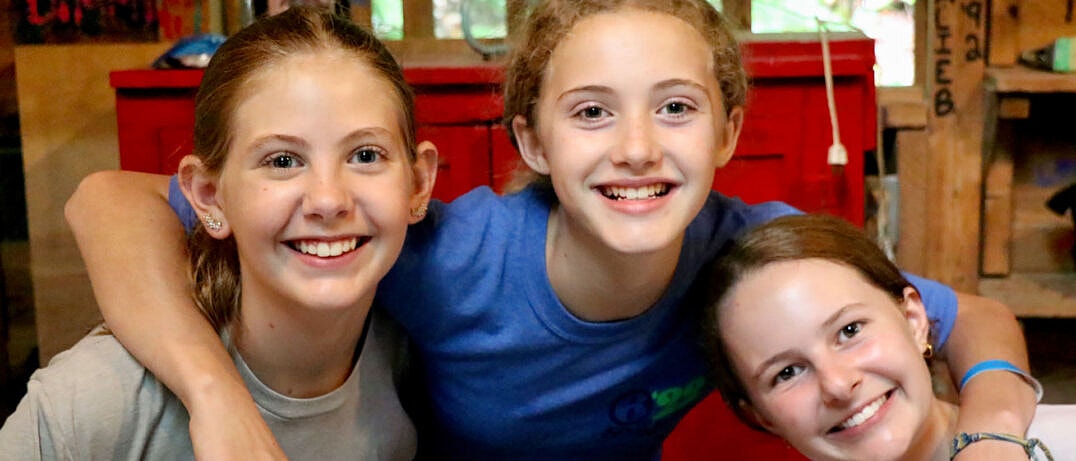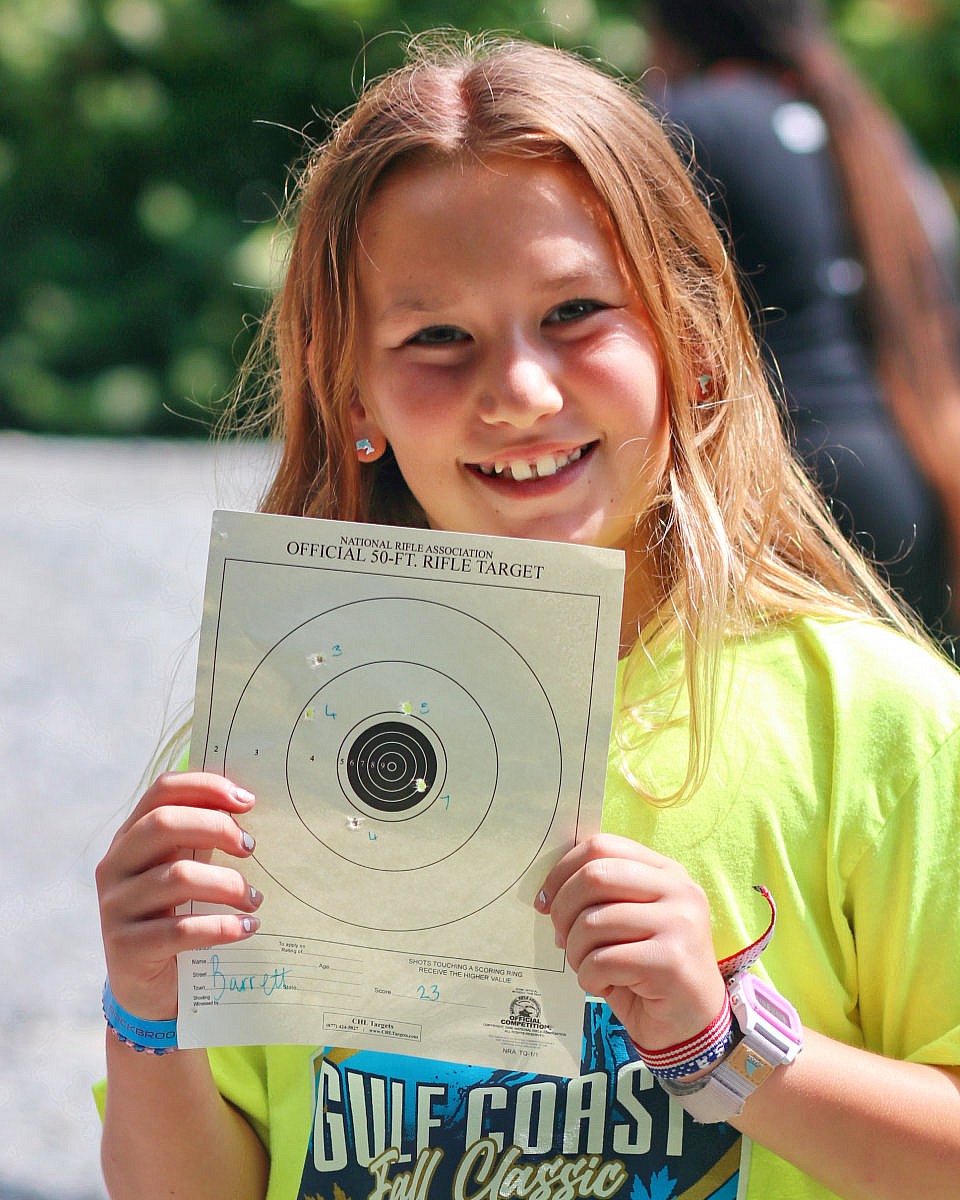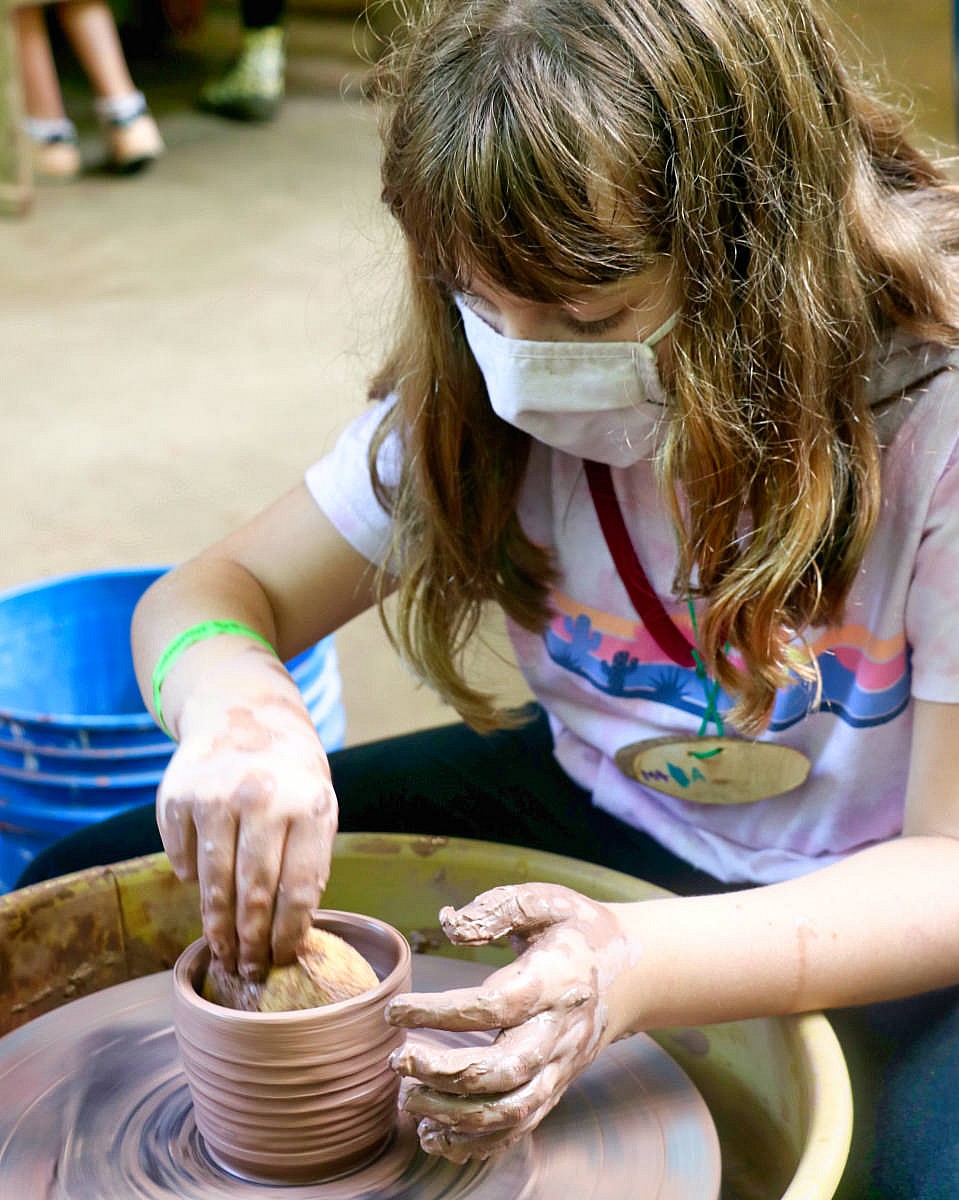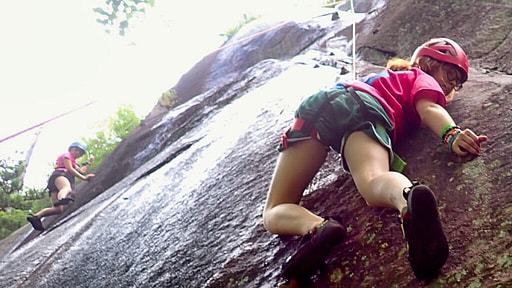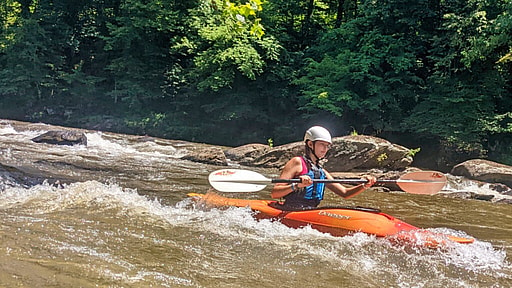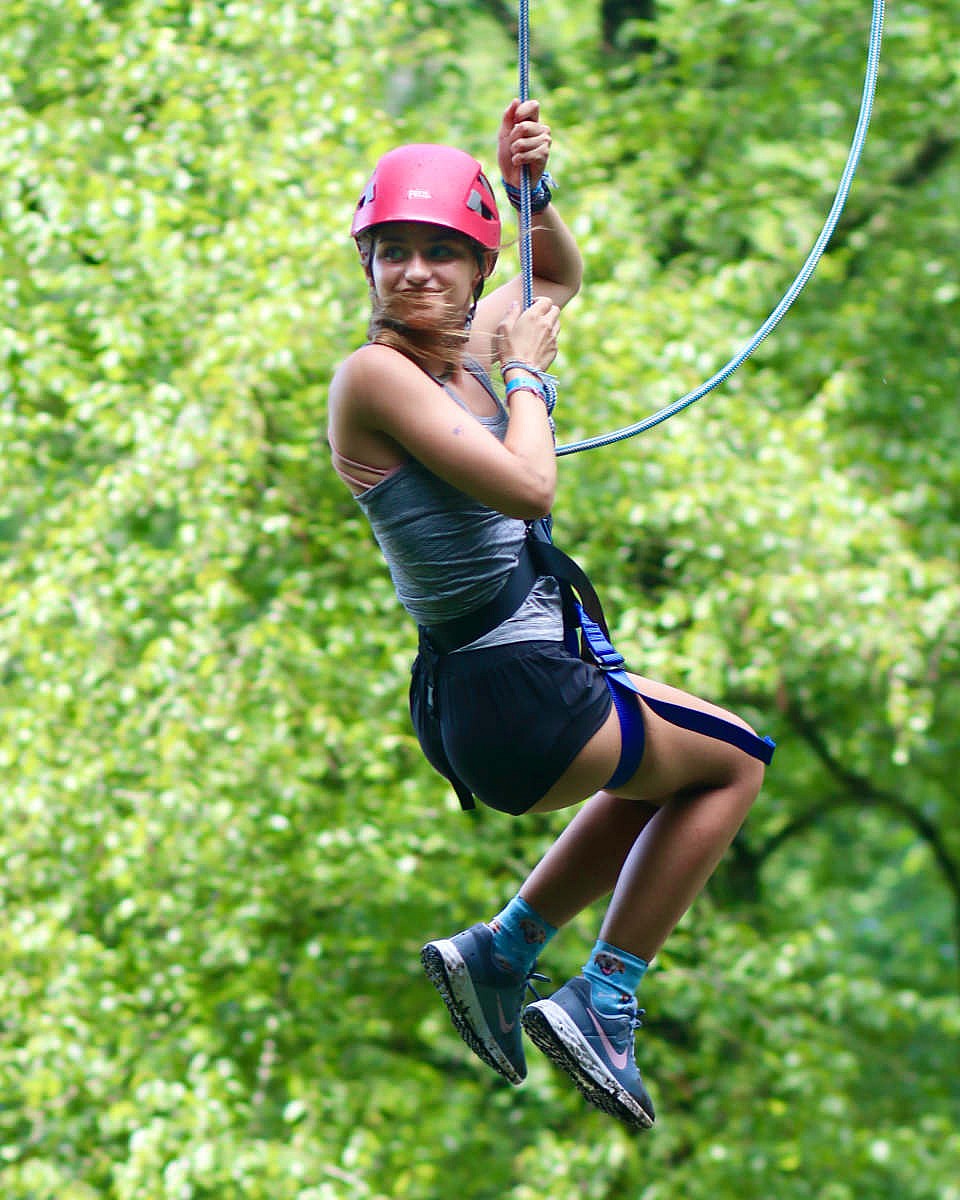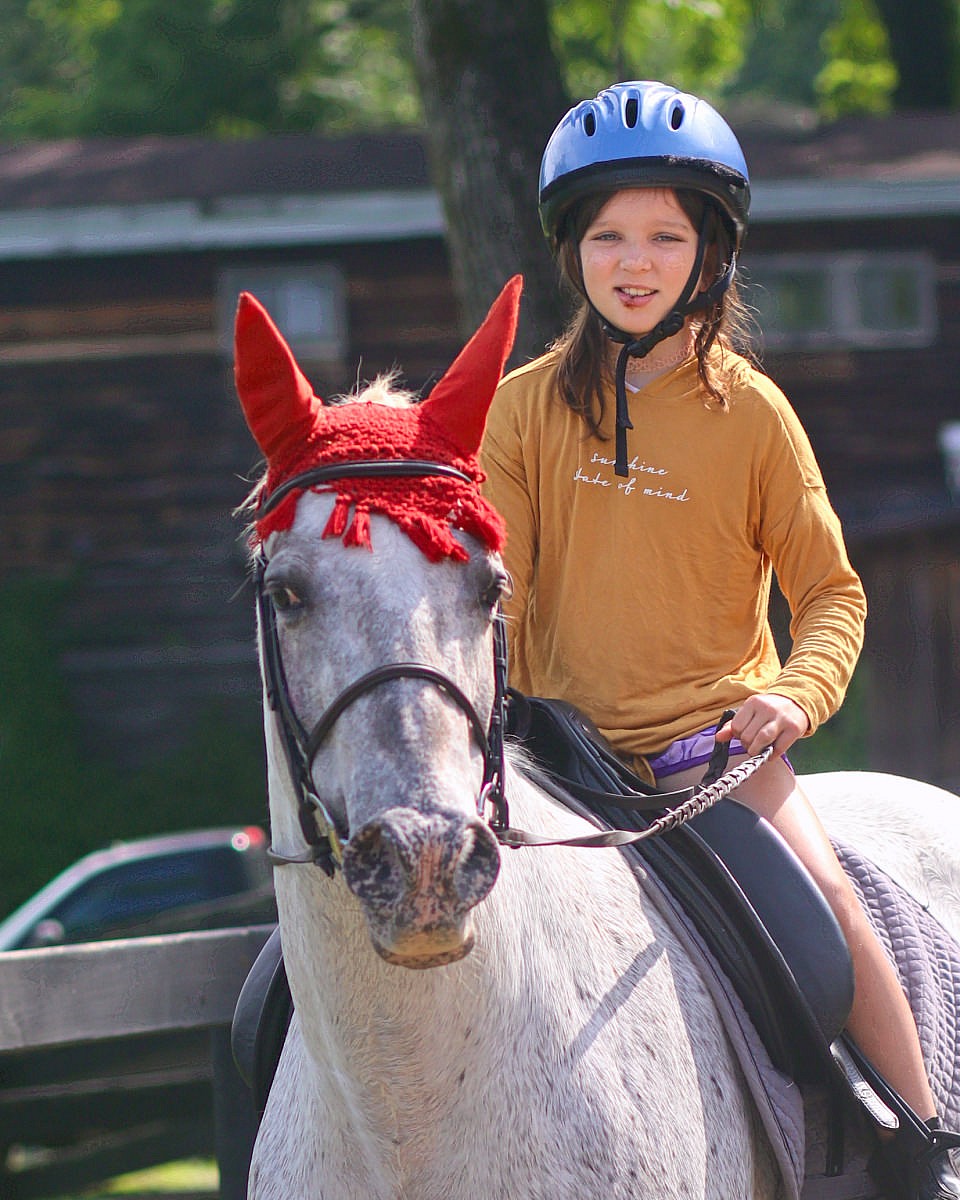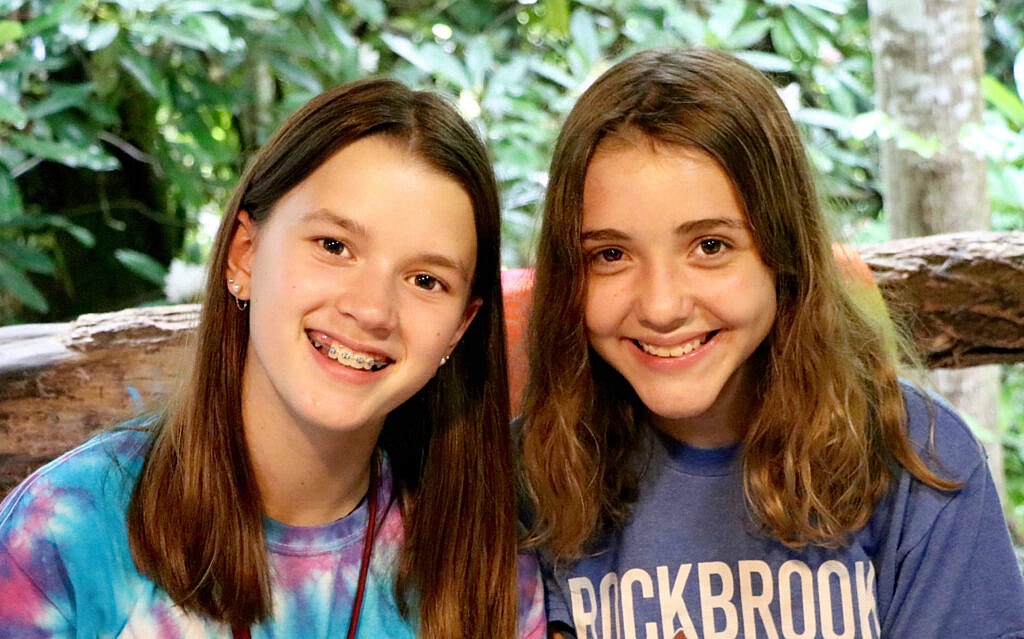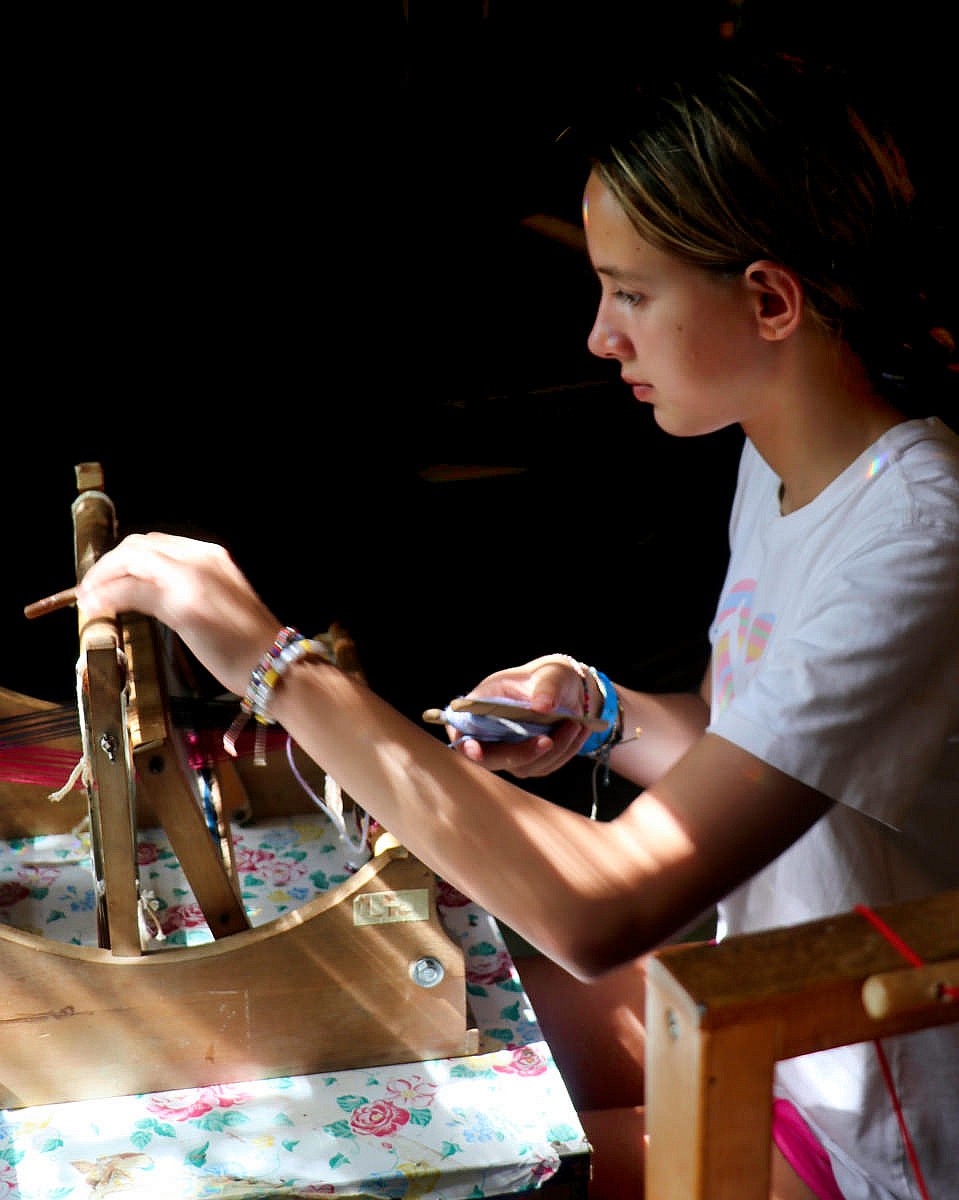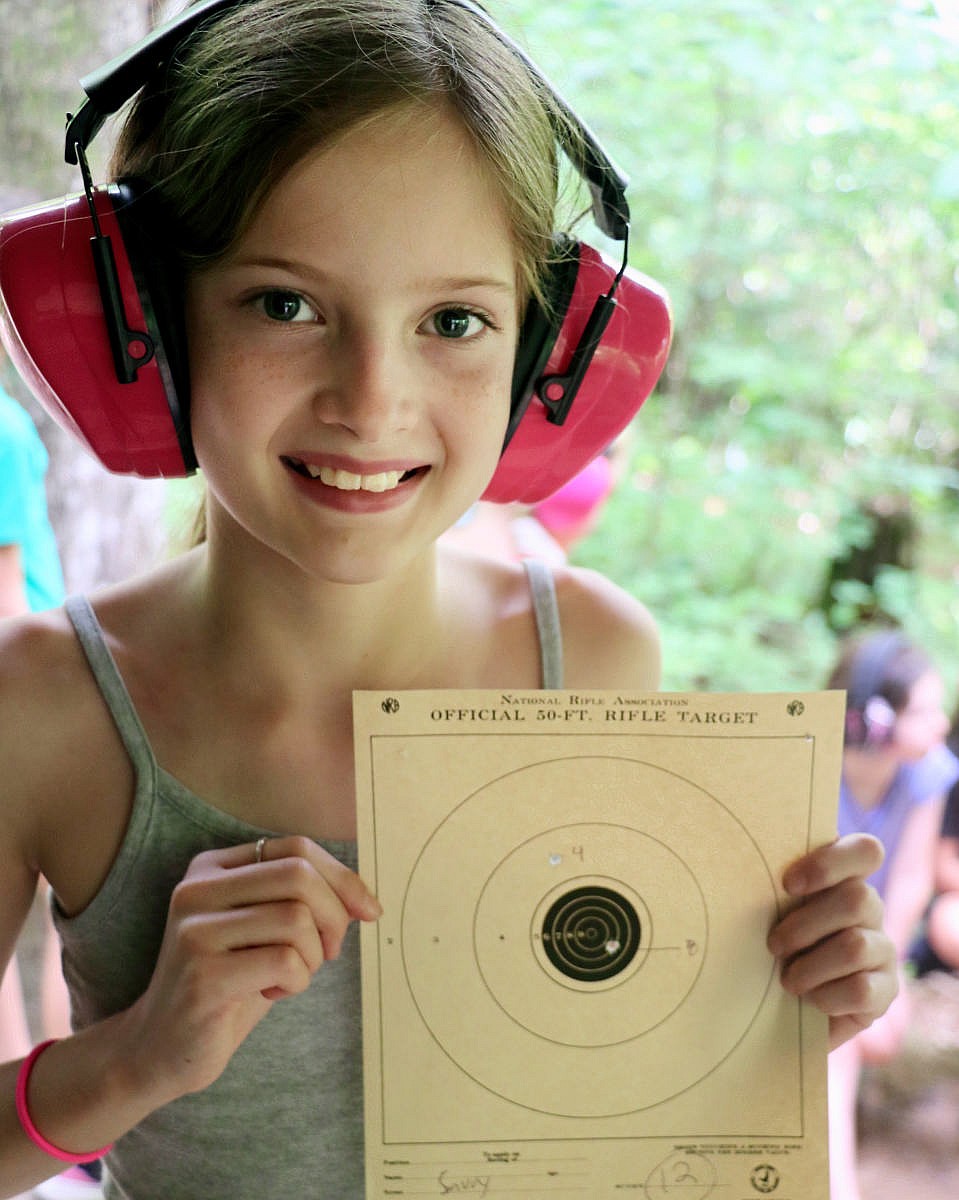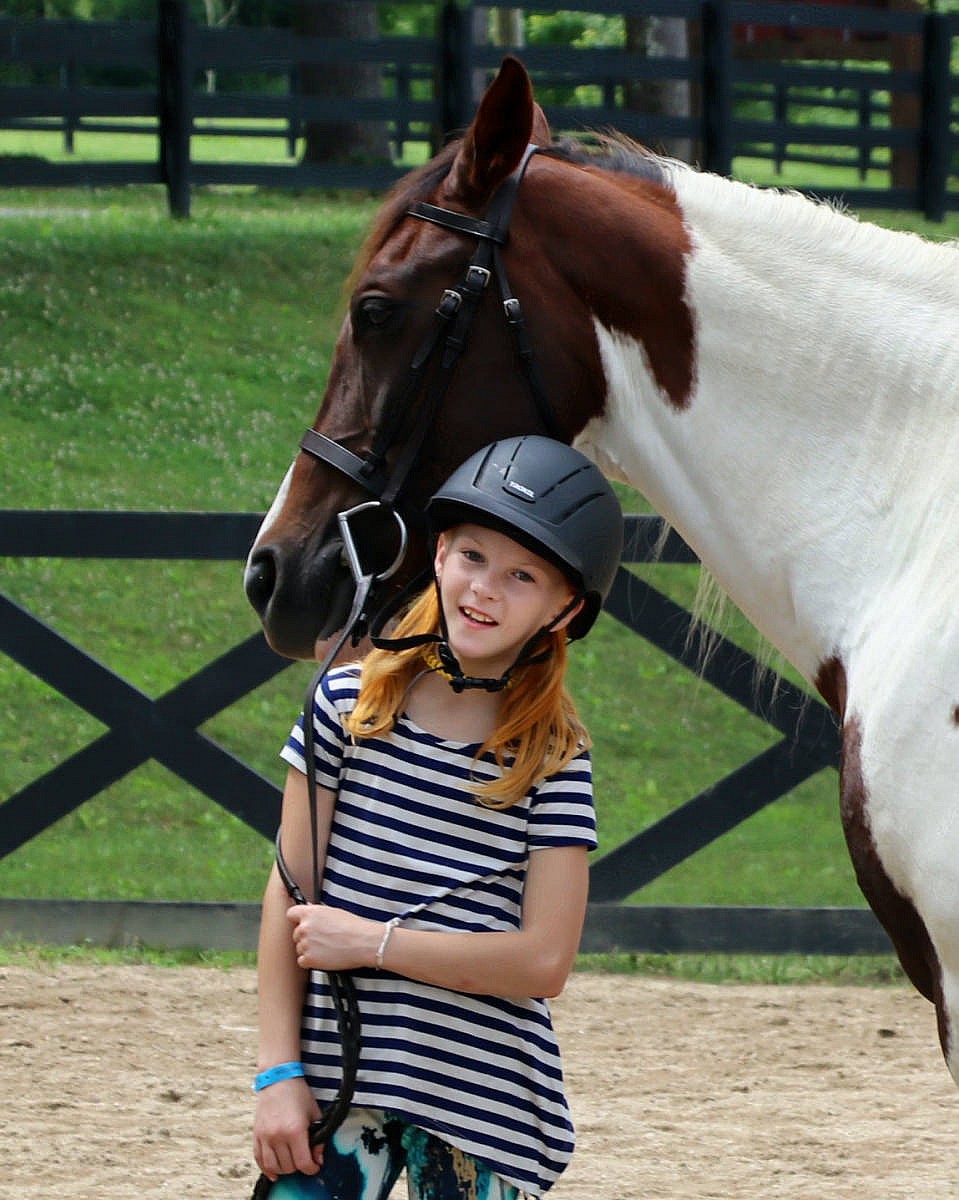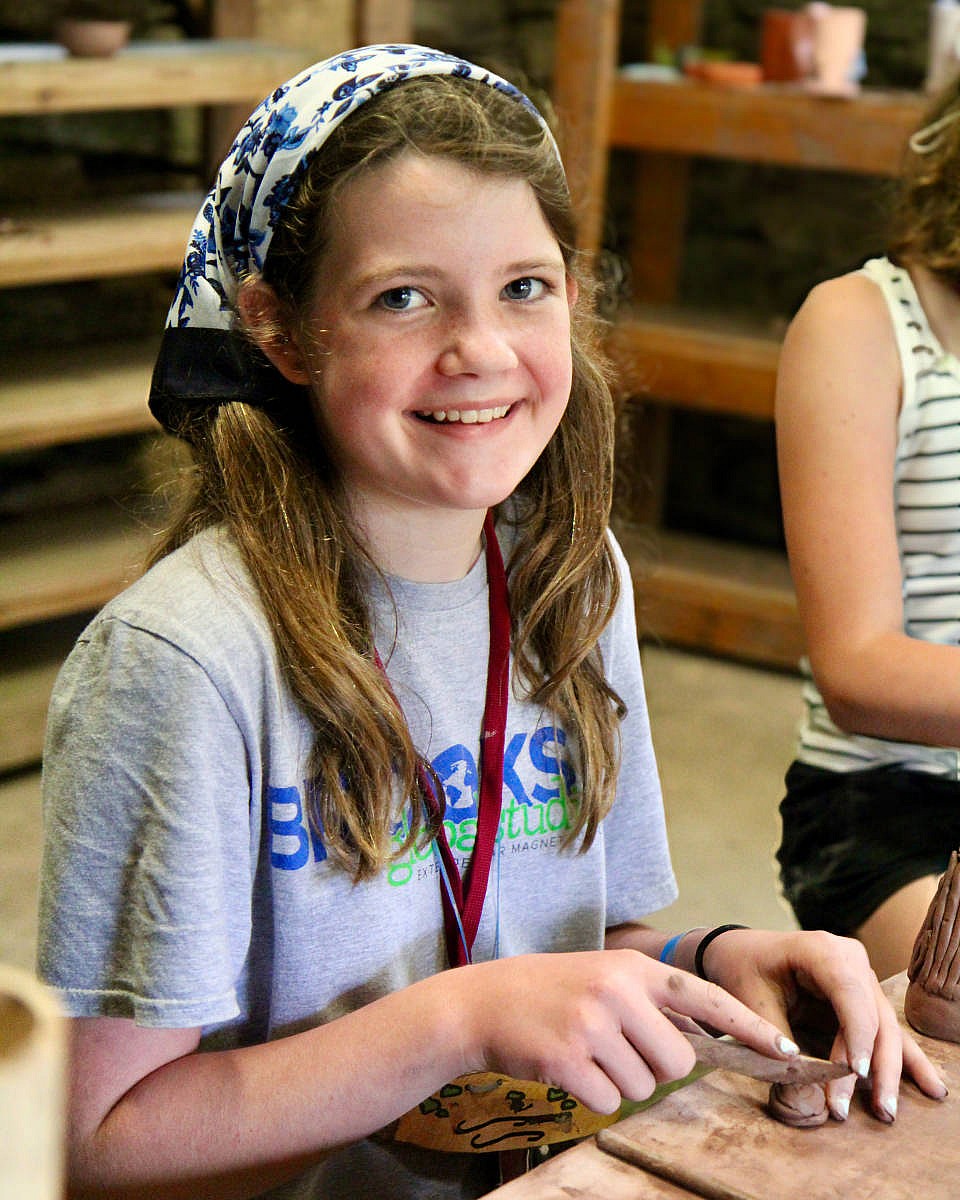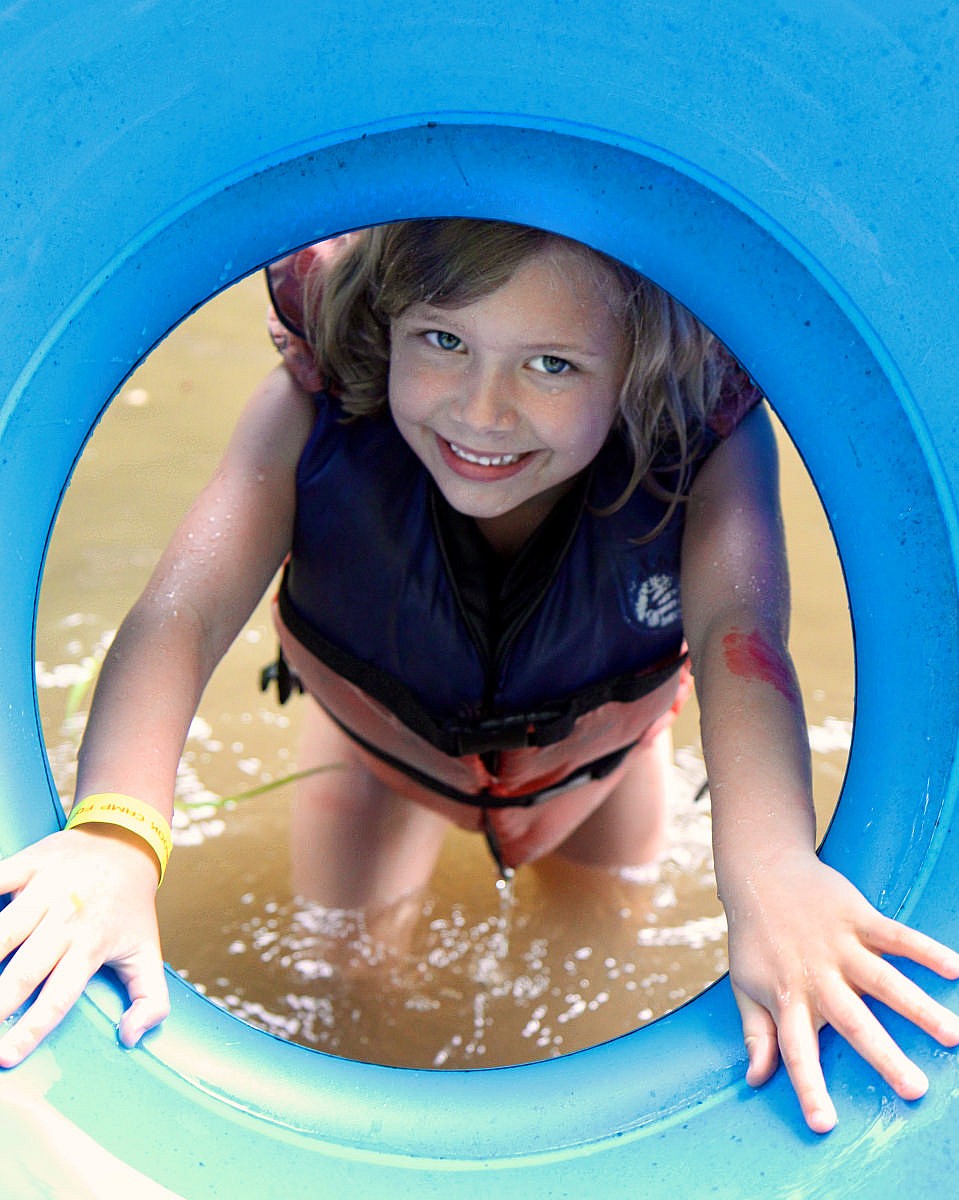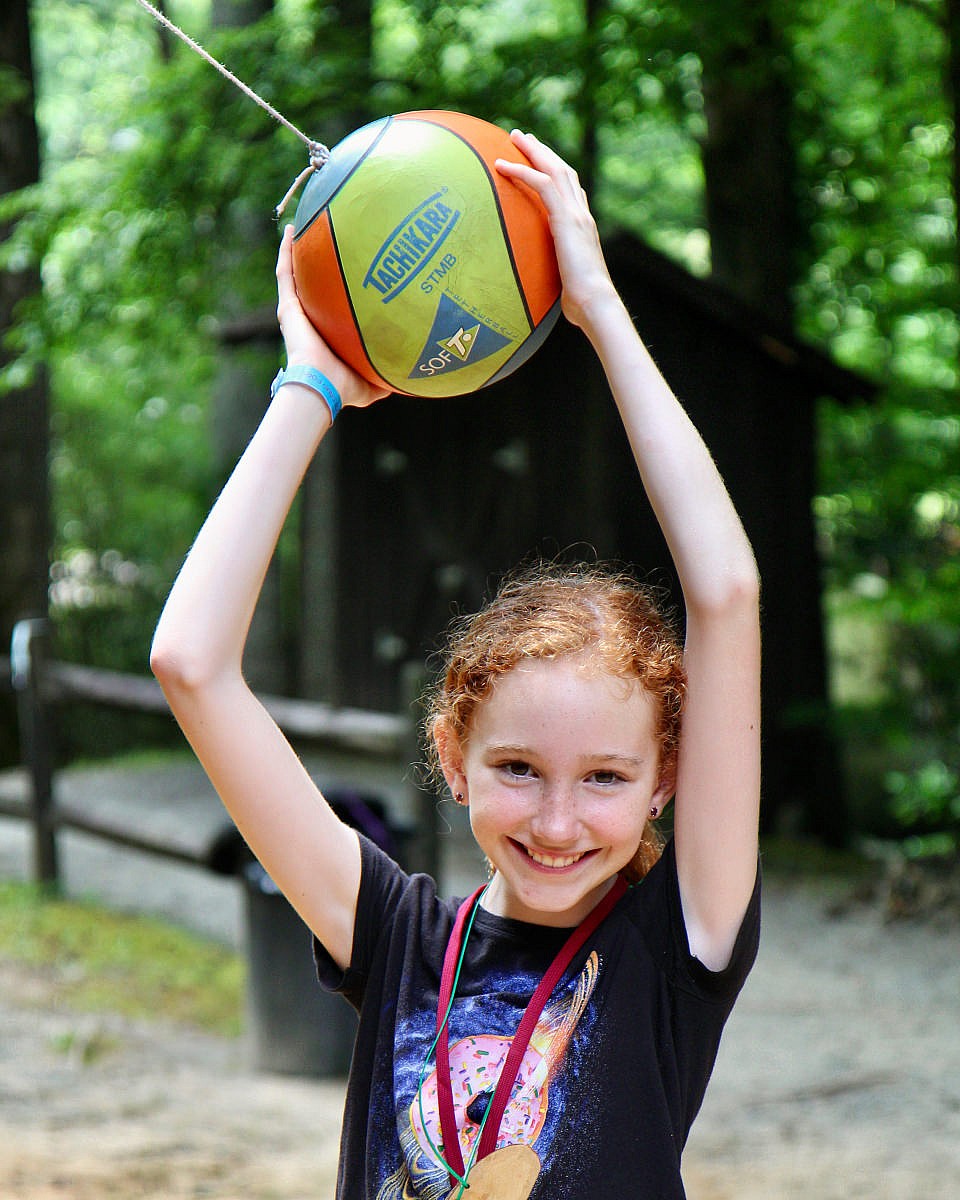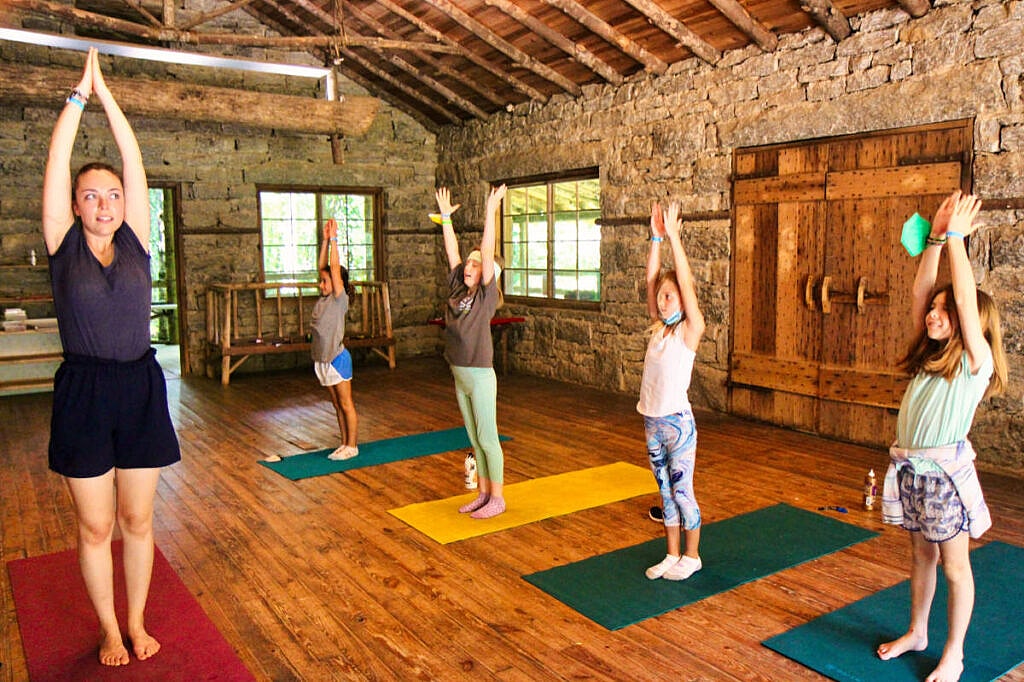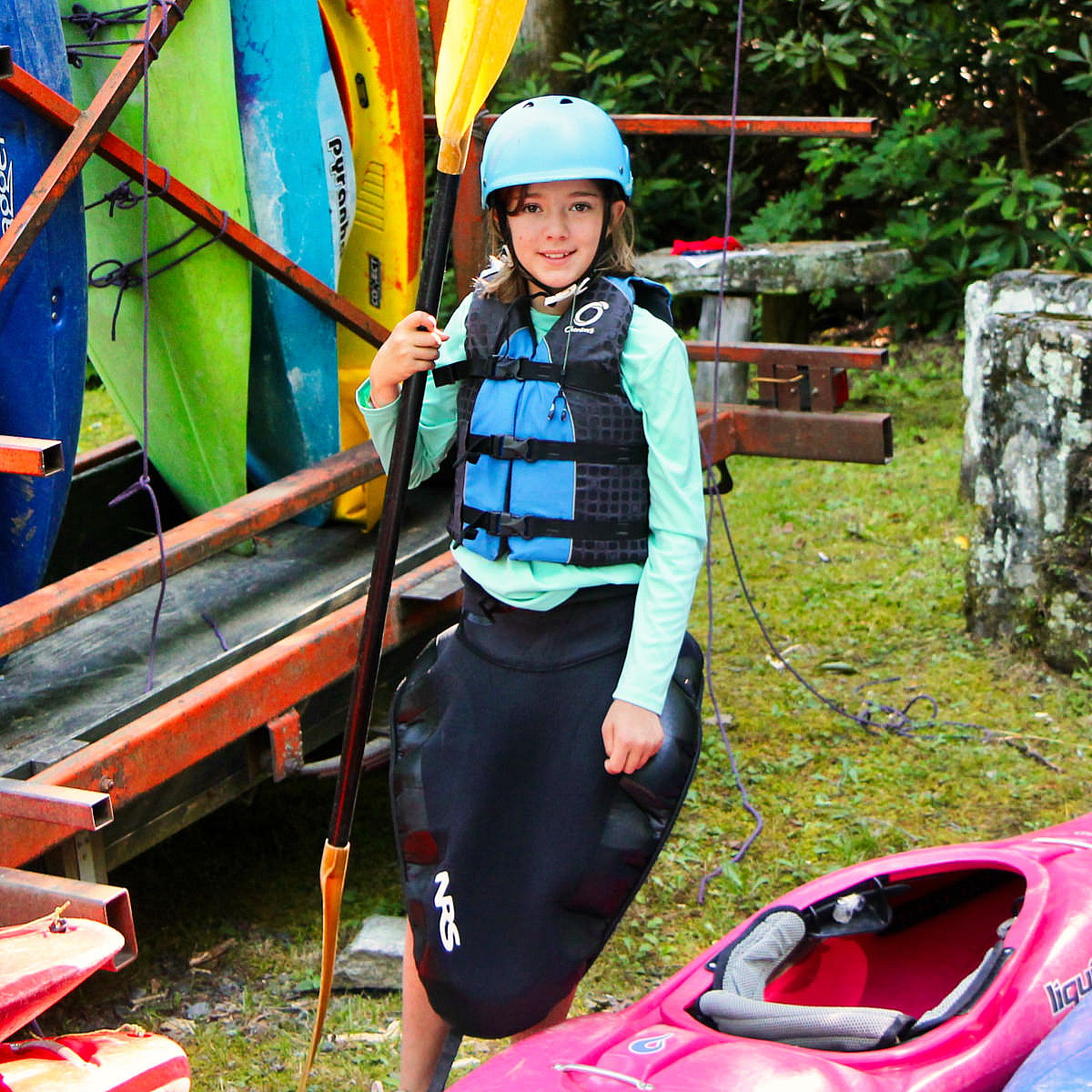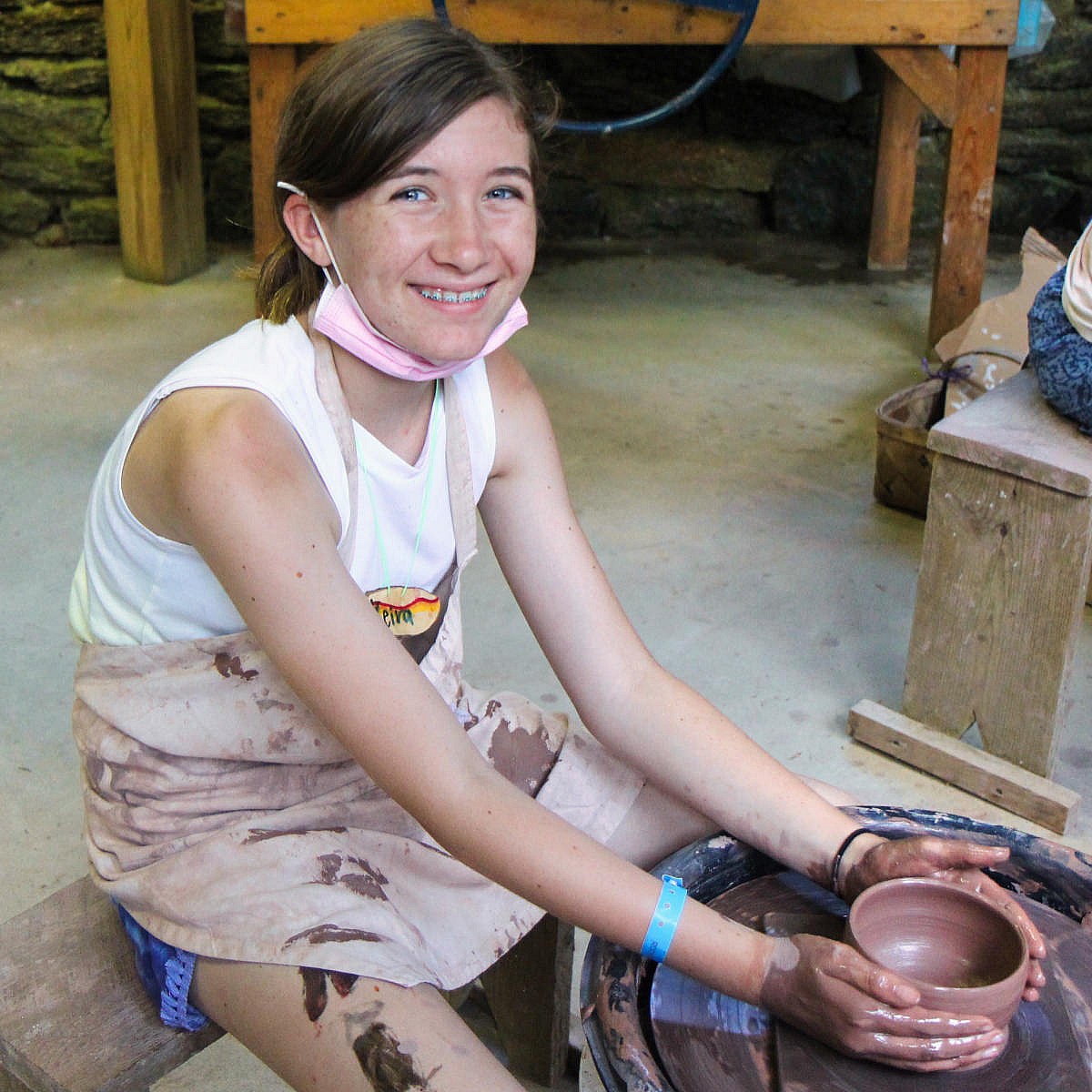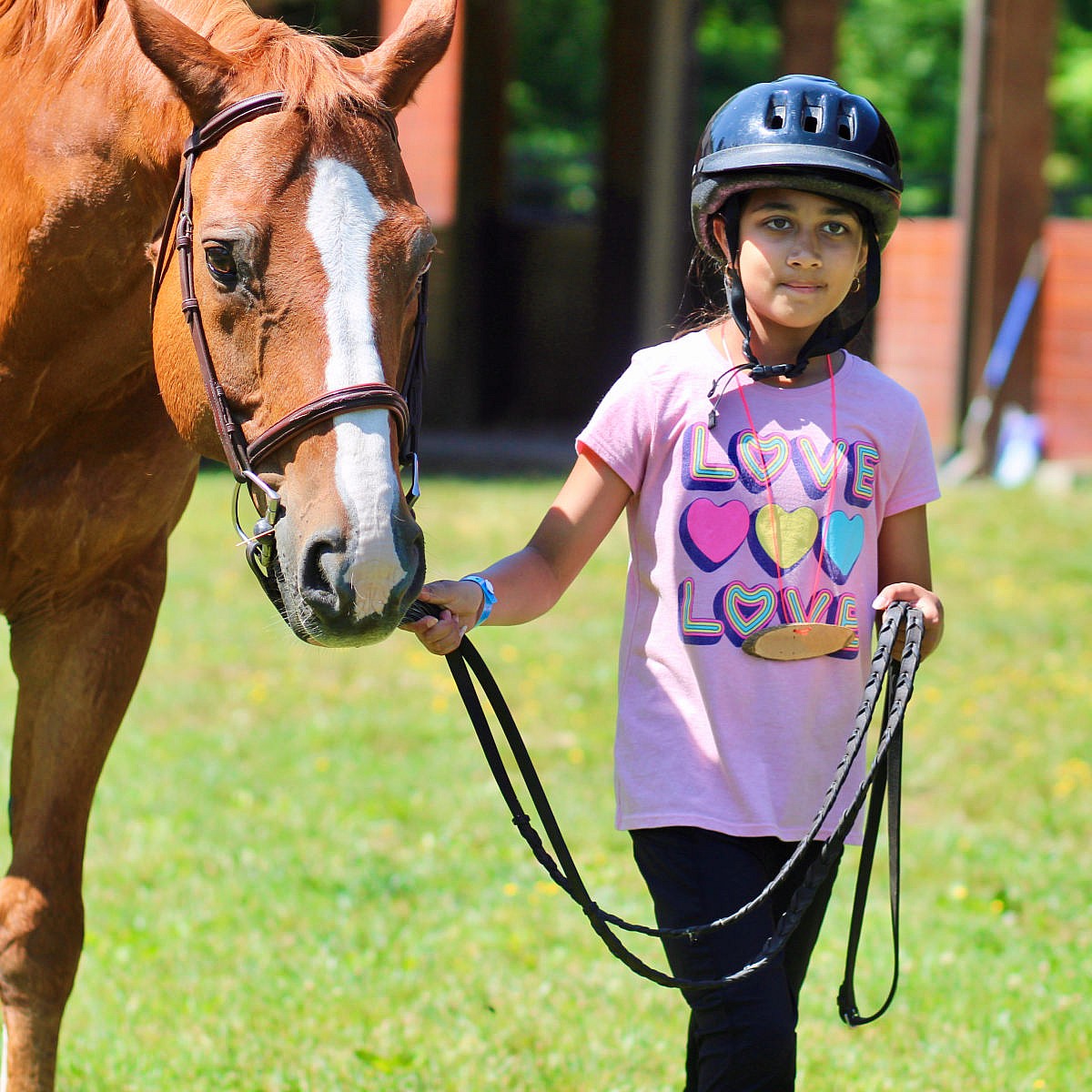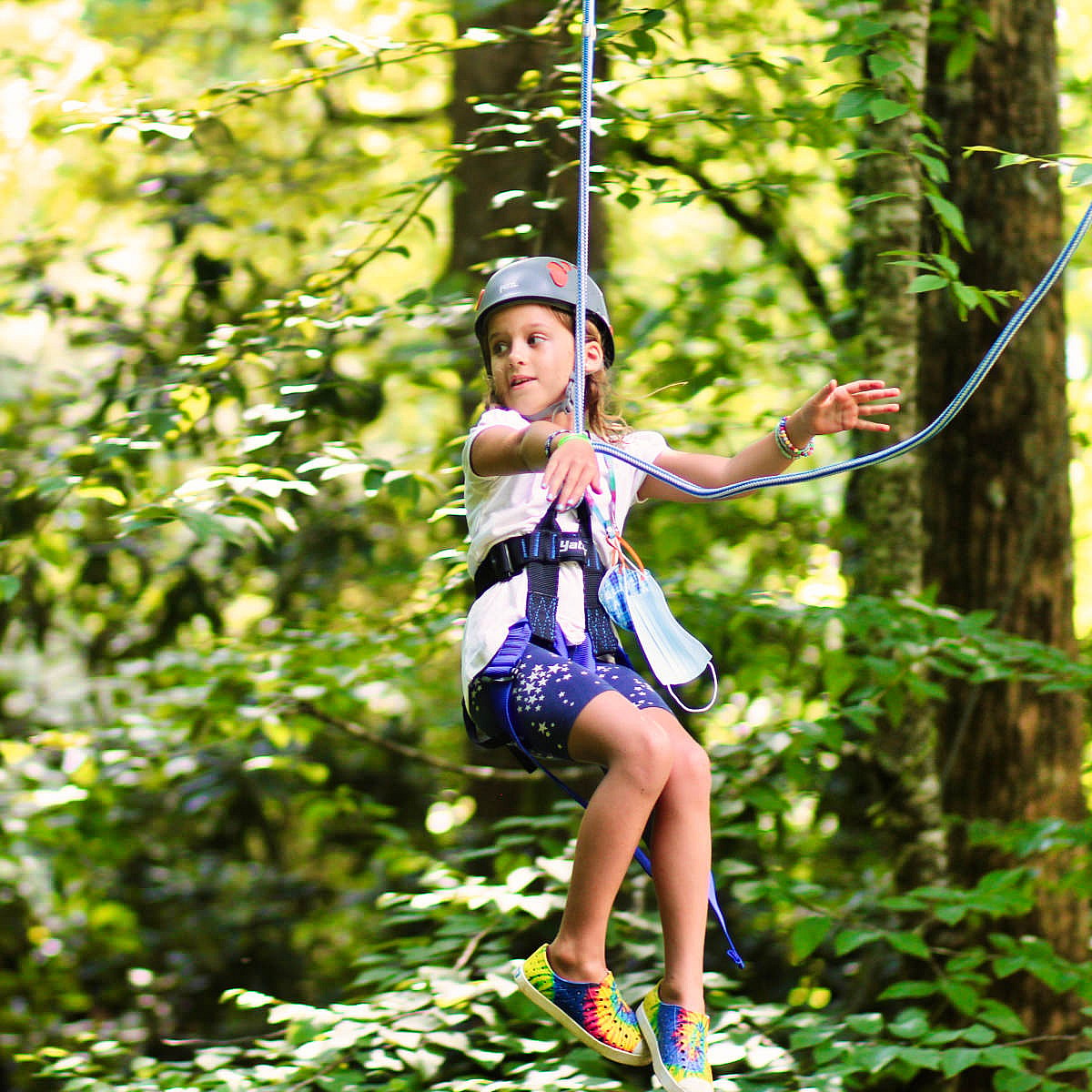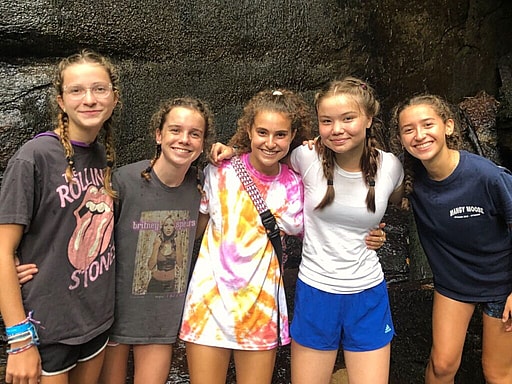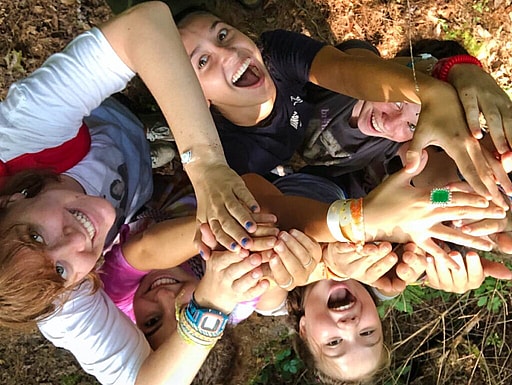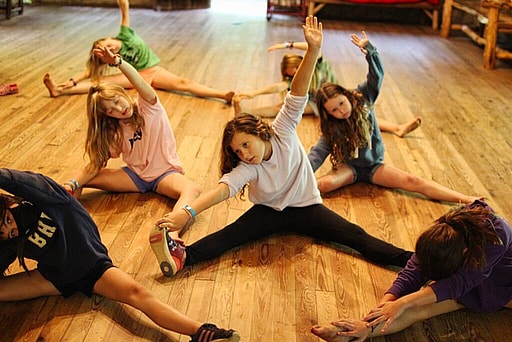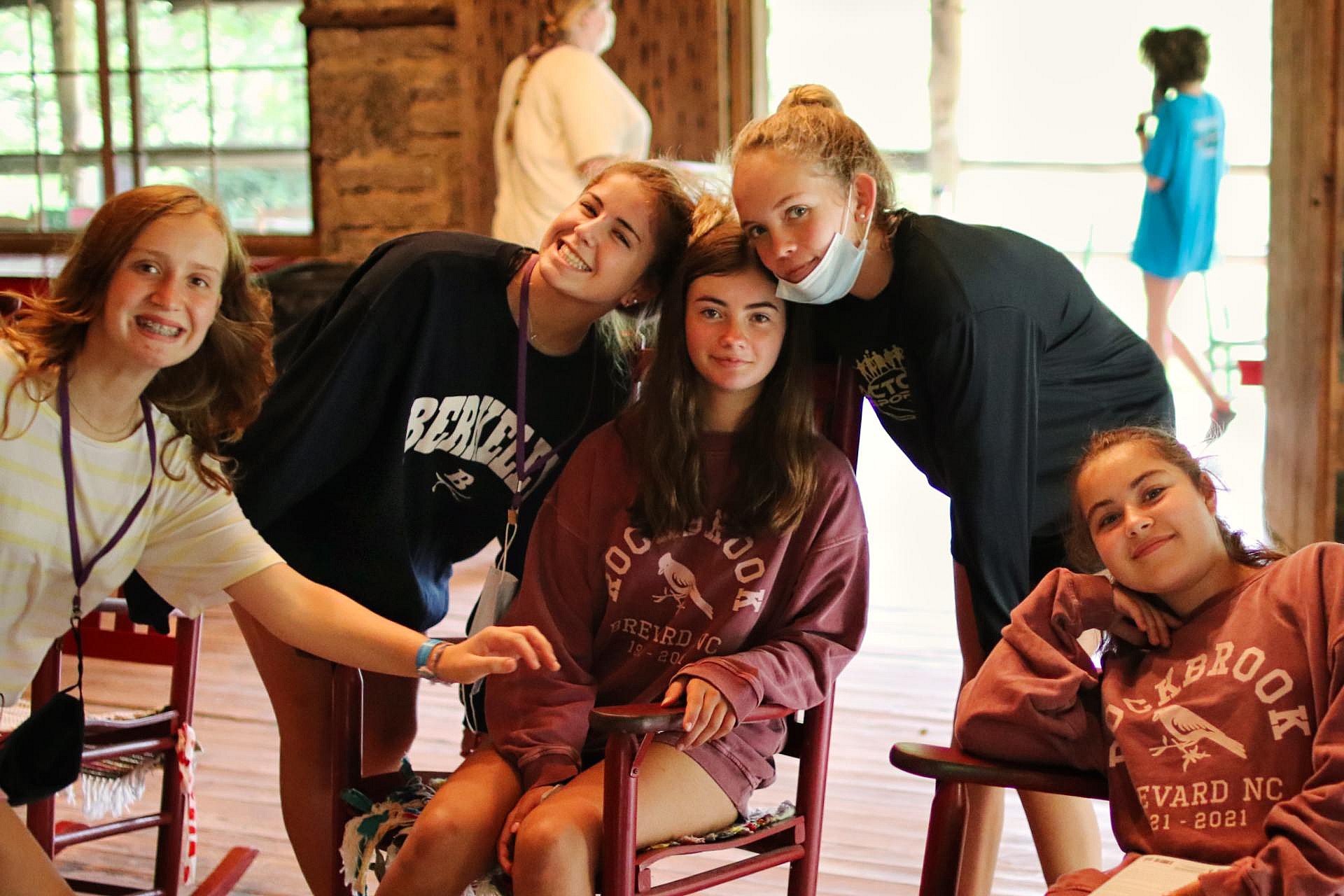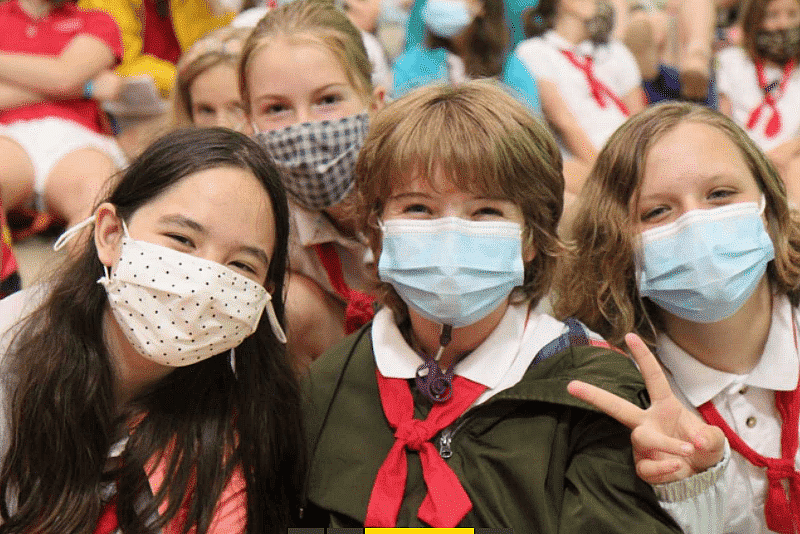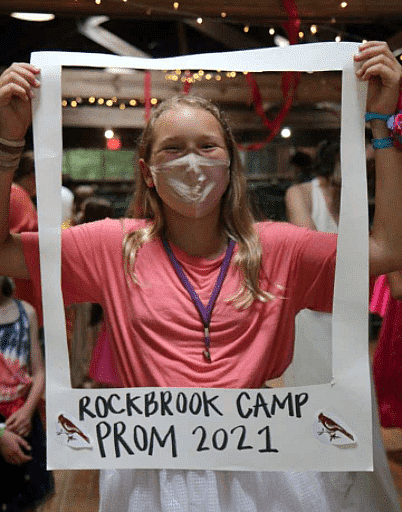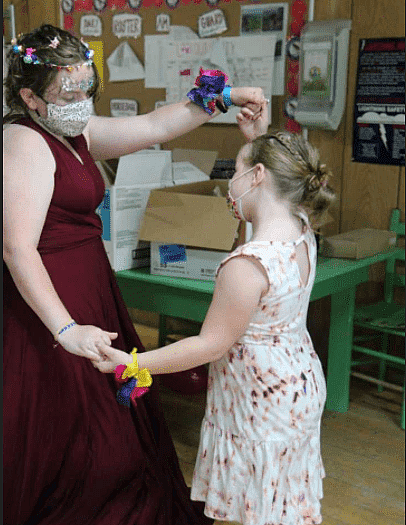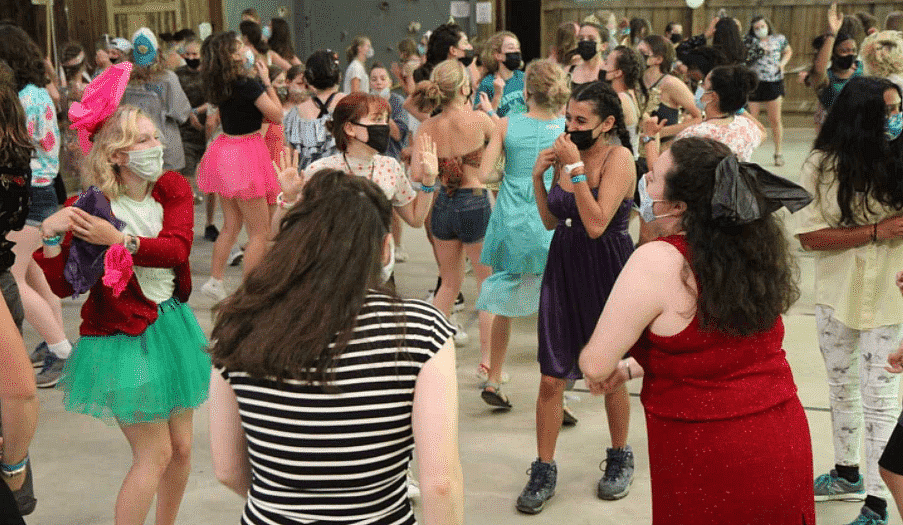The other day I overheard a young camper say to her friend, in all seriousness, “I’m never going to leave this place.” She was so taken by how good it was feeling to be at camp, she never wanted to leave. Now, she said that just after we handed out the popsicles before breakfast on the 4th of July, and that probably had something to do with it, but I’ve heard versions of this comment many other times as well. “I always can’t wait to get back to camp.” “Camp is my Happy Place.” “I look forward to camp all year long.” These are common refrains.
I don’t think you can explain these feelings of happiness at camp by pointing to the variety of activities, the great Rockbrook food (including the surprise morning popsicles), the beautiful wooded campus we enjoy, or any particular “perk” like that. If not these external trappings, then why do these Rockbrook girls love camp so intensely and often with such loyalty? I have one theory, but there’s bound to be other reasons. Today a group of senior campers (probably about 15 years old), a CIT and I ended up talking about another idea that can help us understand.
We started with a phrase we often hear at the closing Spirit Fire where campers and staff members talk about what camp means to them. The phrase is, “Camp is the place where I’ve learned the most about myself.” These teenagers all nodded in agreement that this was true for them too. They agreed that there is something special about Rockbrook that leads to self-awareness, to a better understanding of “who you really are.” “OK, that’s really great,” I said, “but what is it about camp that encourages this?” How is camp different from other places in ways that make it well suited for this kind of self-discovery? That question really got them going, and soon we had several examples.
First, they said the pace of camp life really helps. There’s simply more time for self-reflection, more opportunities to try new things and explore, more opportunities to relax and connect with the people around them. One girl said back at home she feels busy most of the time, “up at 7am and back home at 7pm,” she said. Everyone agreed that having large stretches of free time at camp was a wonderful thing. That freedom made a difference to them.
They also said at camp there are “fewer distractions” mostly because they do not have their phones. This was a big deal to them. They admitted that one reason they love camp, ironically, was because they had given up something they use everyday, all day, at home. This makes sense to me too. If every spare moment is consumed by retreating from the real world into the algorithmically curated virtual world of social media and the internet, then what’s left? If a smartphone is always with us, ready to provide instant gratification (distraction), won’t we skip over important details around us and fail to pay attention to what we might discover? These girls seemed to think so. With no phones at camp, I think they are relishing the expansion of awareness being techfree provides them. And part of what they’re noticing is their true selves.
I added one last point to the conversation. If you ask older campers why they keep coming back to camp, they’ll tell you, “It’s the people.” By that I think they mean, “the people at camp are friendly, kind people who make me feel good. They accept me, include me, and don’t judge me.” This sense of belonging, being a part of a community that cares about you no matter what, is a powerful force. It inspires a sort of personal confidence to let the real you shine, to drop those ideas of who you “should” be. It’s very common, after all, for most of us to fall victim to pressures of conformity, to create versions of ourselves that align with assumed ideals of personality, ability and beauty. But if that’s all we do, how will we discover what’s unique about each of us? If we’re just posing most of the time, doing our best to hide any hint of “imperfection,” (thinking this will help people “like” us), who are we really?
I think these campers understand this too. Maybe not explicitly, but they know that at Rockbrook they are safe to discard these social facades and explore other, deeper aspects of who they are. The people here at camp, the whole supportive community, makes this possible. When you realize that people at camp don’t really care what you look like, you can let you hair down, literally and figuratively. That’s the gift that can lead to greater self-awareness, much greater self-confidence, and greater contentment in the long run.
Taken together, these three characteristics of camp life— time for reflection, ditching phone-based distractions, and a community of supportive people —help explain why girls feel they learn about themselves at camp. It’s worth noting too, that these campers saw this as a very good thing. Since this kind of self-discovery is really difficult back at school, they yearn for these opportunities and so cherish their time at camp. They “can’t wait to get back,” and feel good like this again. Maybe we can say these girls love camp because it’s fun, but also because it helps them grow. Yes, let’s say that.
Oh, and one more thing comes to mind. If you want to help your girls grow like this at home, let’s help them by carving out some time when they can slow down, be fully disengaged from their smartphones, and be with people who truly care about them. That’s certainly not easy, but not impossible either. How about a phone-free sleepover with friends, spent playing games instead of watching a movie? Family time one Saturday morning, spent outside? Those are just a couple of ideas that are also not necessarily easy, but I hope give you some encouragement to try. I believe our kids really do want these sorts of experiences but are hampered by forces beyond their control. They need our help. Fortunately, there is camp, but can’t we do more? I believe we can.






